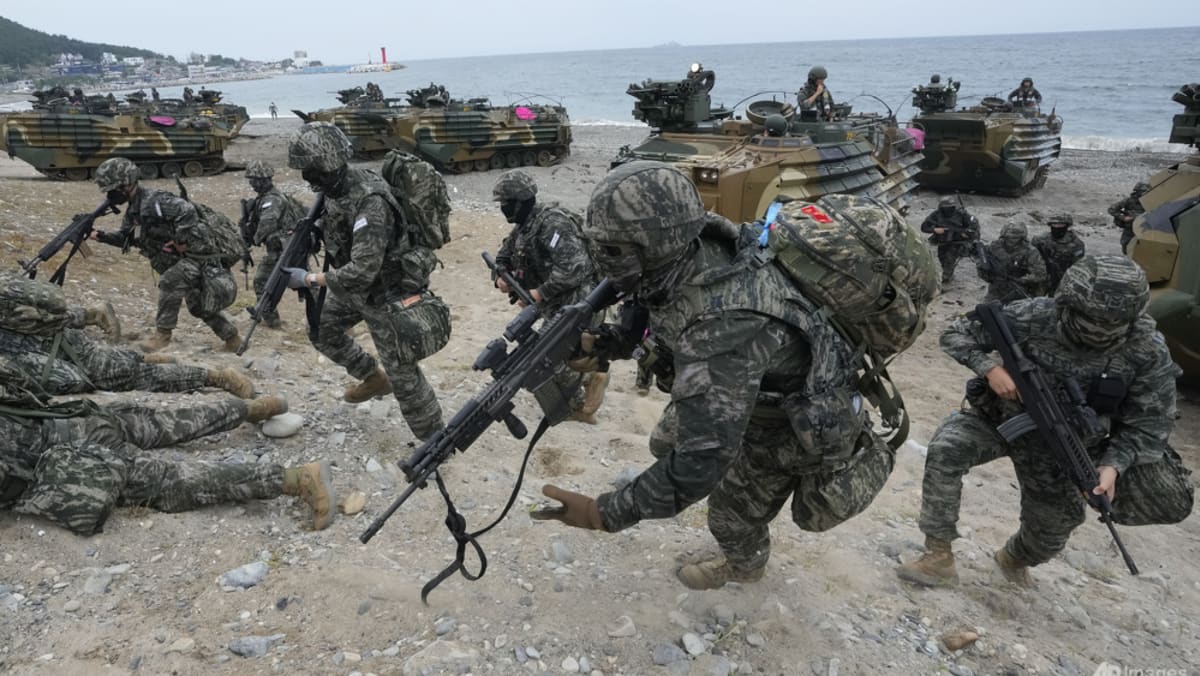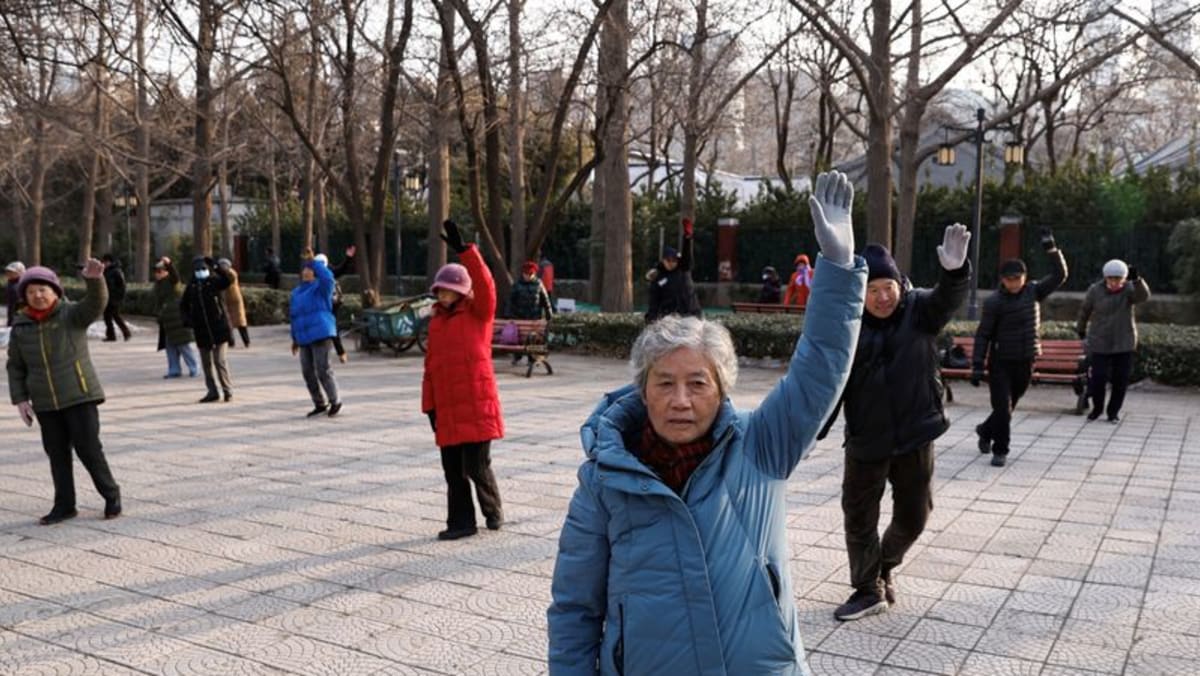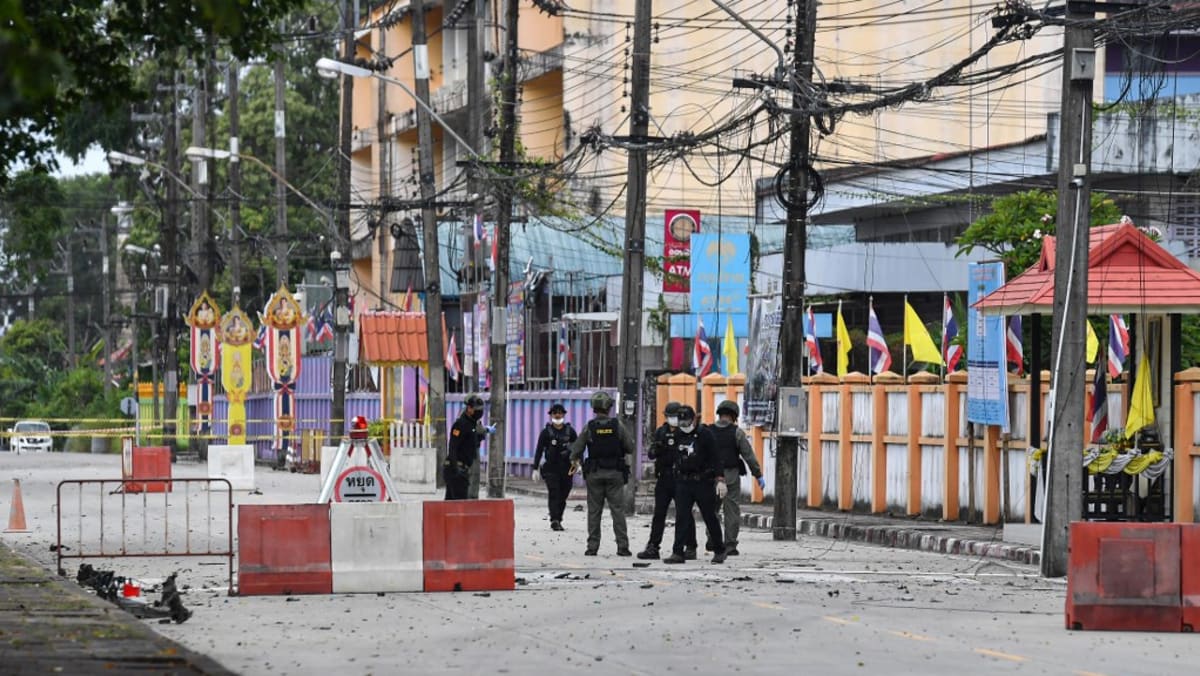AMERICA’S MOST RELIABLE ASIAN PARTNER
Japan, even with its own recent political upheaval that saw Prime Minister Shigeru Ishiba lose his parliamentary majority, is currently America’s most reliable Asian partner.
Still, for any intelligence sharing to work well, Tokyo will need to address its own security weaknesses, in particular the robustness of its cybersecurity and data systems. In 2023, the US warned Japan that Chinese state hackers had infiltrated its defense networks before Tokyo took sufficient action to secure them.
It’s clear that Tokyo’s move in 2013 to pass the country’s first-ever law addressing top-secret material across defence and diplomacy just wasn’t enough to protect national secrets. More work needs to be done.
Japan is already ramping up defence spending in recognition of the threats, a move welcomed by its allies. It should also properly invest in strengthening cybersecurity capabilities.
Part of the issue is historical. After World War II, the government hesitated to create an intelligence community because public opinion was opposed. Tokyo still doesn’t have the equivalent of the CIA or UK’s MI6, making it difficult for Japan to contribute any human intelligence services – like spying, reconnaissance and espionage activities – to Five Eyes.
In order for Tokyo to join the grouping, it should understand the standards that all partners meet, and develop a separate department in charge of vetting government personnel with access to information that is classified using common standards and procedures, the Washington-based Center for Strategic and International Studies notes.
This would give staff different levels of clearance, which in turn would limit access to classified information.





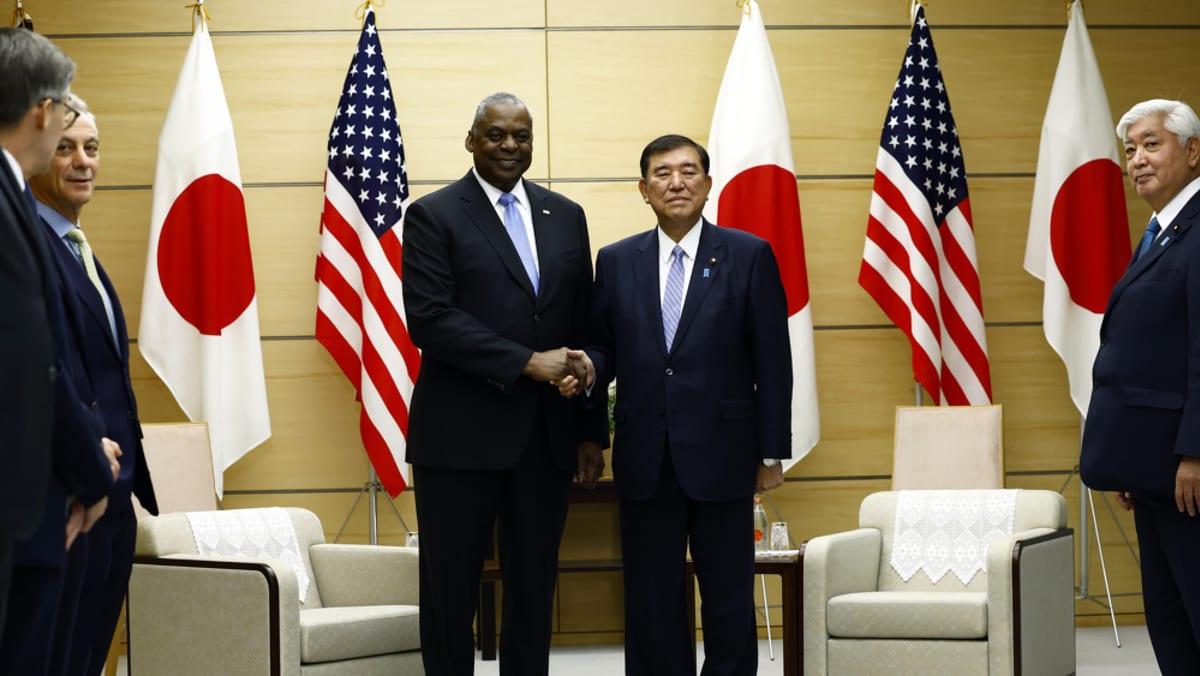

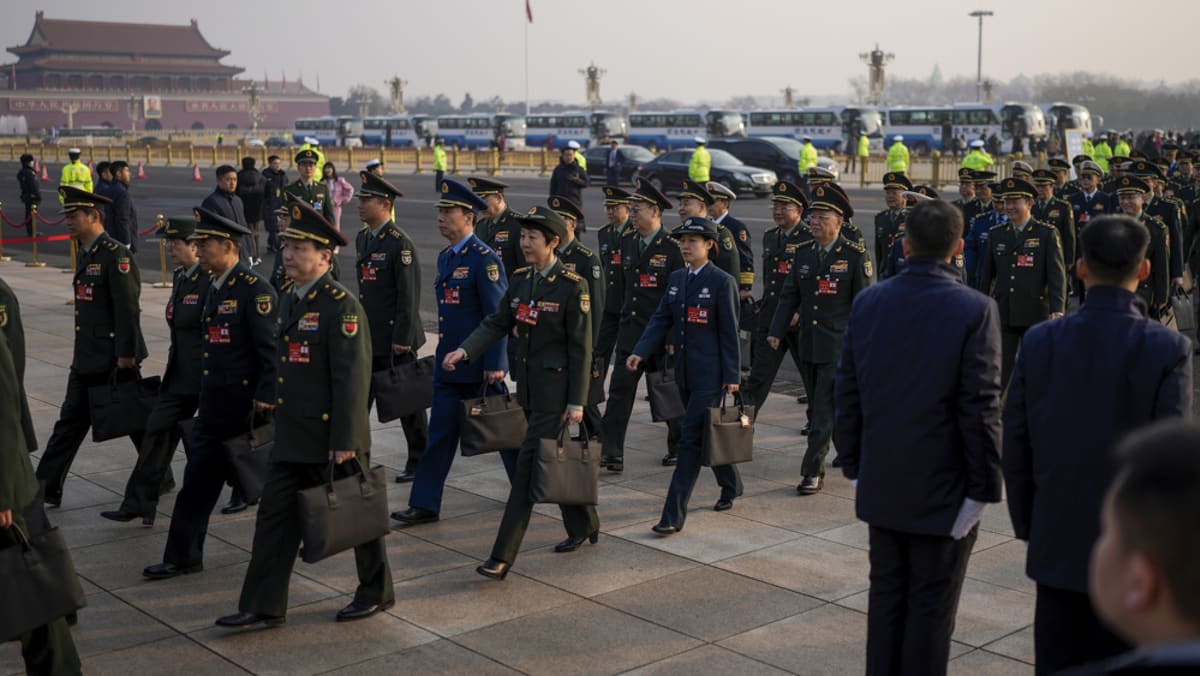
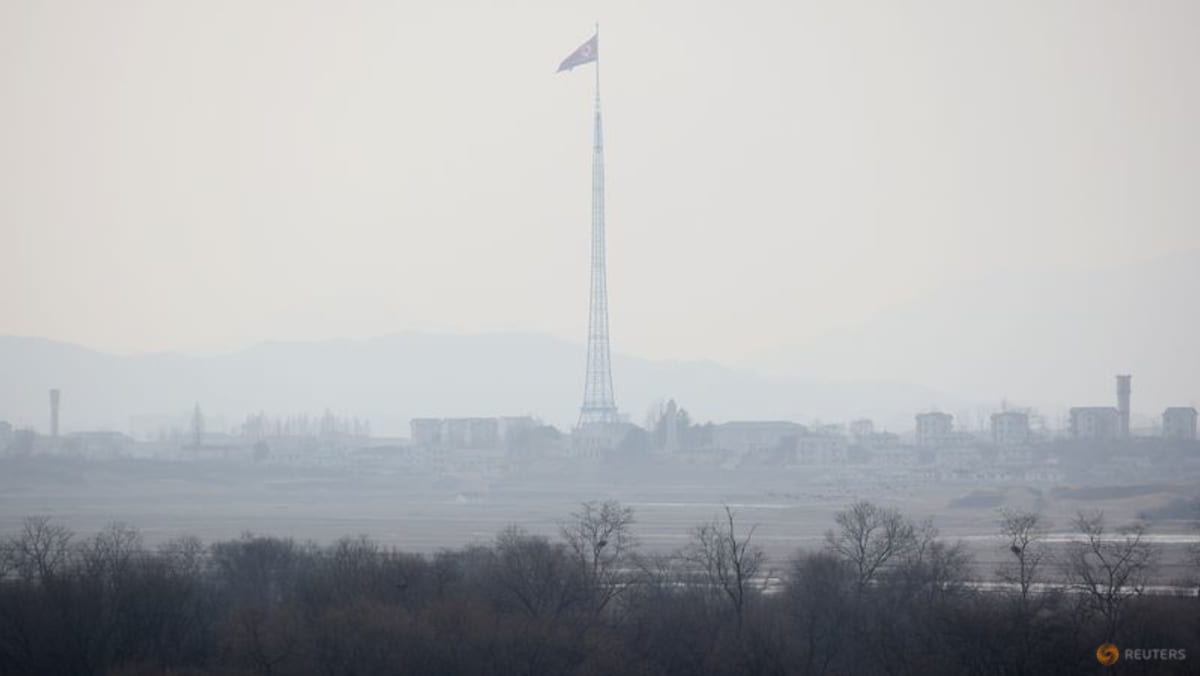
.jpg?itok=mJQvKway)
